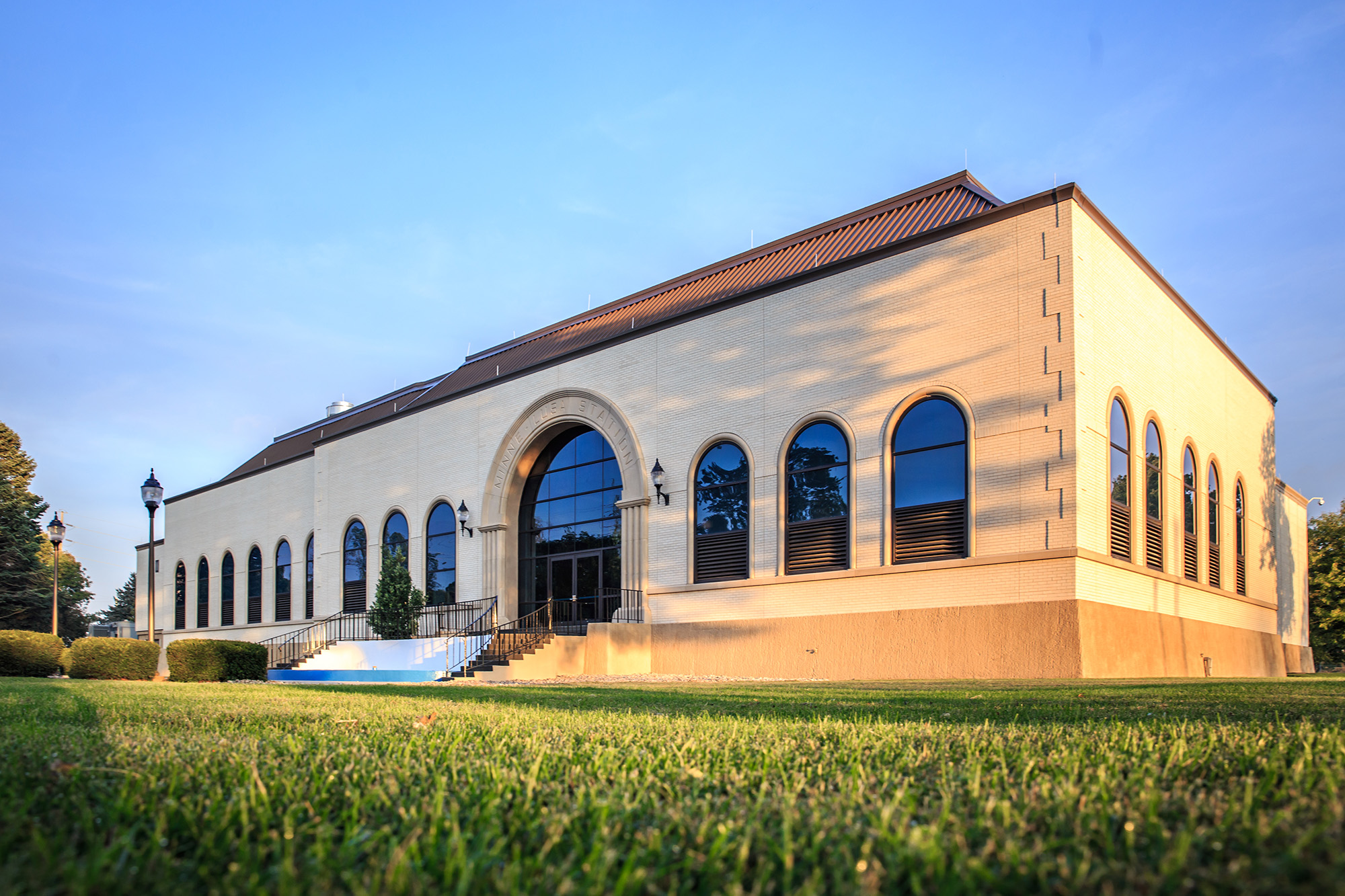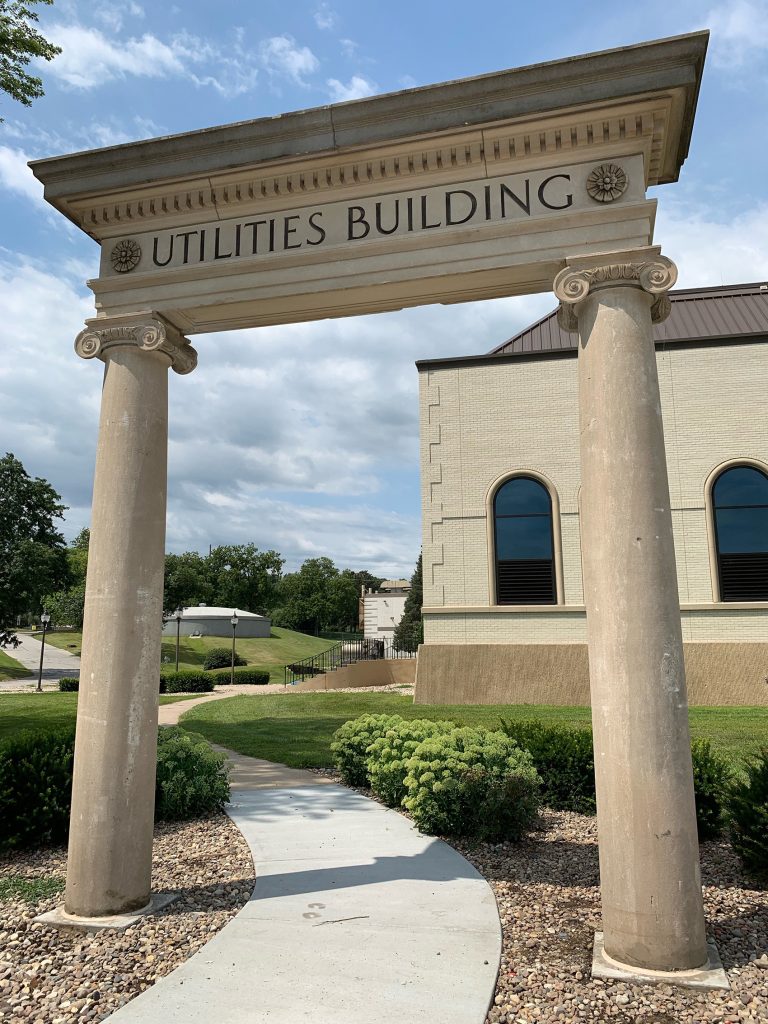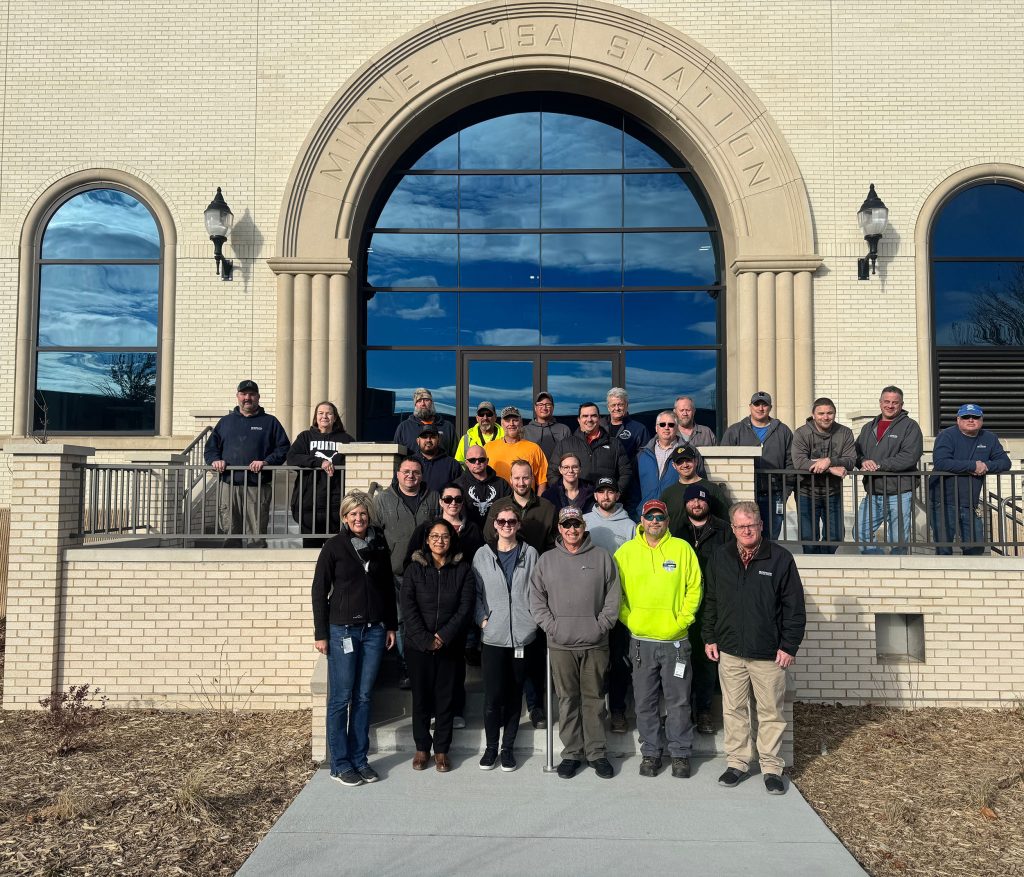A Legacy of Progress: The History and Modernization of the Florence Water Treatment Plant

The Metropolitan Utilities District (M.U.D.) Florence Water Treatment Plant has played a vital role in providing Omaha with a reliable water supply for many years. Constructed in 1889, this historic facility has undergone numerous upgrades over the years to ensure the delivery of clean, safe water to the community. Today, the Florence Plant continues to evolve, with a recent high-service piping project marking a step forward in modernizing infrastructure and securing the metro area’s water future along with the District’s other two water production facilities.
Enhancing Infrastructure for a Stronger Water System
The high-service piping project was essential to replacing aging infrastructure that had served the plant for more than a century. Much of the original system, including cast iron pipes, had become outdated, leading to operational challenges. The new system consists of ductile iron piping, which provides better isolation capabilities and reduces water loss, improving overall efficiency.
Community Cooperation and System Resilience
During construction in the summer of 2023, the District faced an unexpected challenge that limited production and required reliance on backup natural gas-powered pumps. To help manage water demand, M.U.D. asked for voluntary customer cooperation with odd-even outdoor watering. “We were operating at about 28 million gallons a day, which is significantly lower than our normal capacity, but thanks to the community’s efforts, we managed the situation effectively,” said Melissa Polito, director, Water Production and Pumping. In less than a year, M.U.D. completed the necessary repairs and resumed full operation, demonstrating the strength and responsiveness of the team.
Collaboration in Action
The high-service piping project was a testament to the collaboration between M.U.D. employees and external contractors. Water Operations, Systems Control and Water Distribution teams worked closely to ensure smooth execution. “Even without unexpected challenges, we would have faced restrictions because of the need to isolate sections of the system,” said Polito. The project also uncovered additional leaks in mains that were not originally part of the scope, prompting necessary repairs and further reinforcing the reliability of the plant’s infrastructure.
Preserving History at Minne Lusa Station
In addition to improving water service, the project embraced Omaha’s rich history by enhancing the Minne Lusa Pumping Station. Built in the early 20th century, Minne Lusa serves as a staple of the community’s early water distribution network. Recent renovations included restoring the historic water fountain, which was designed as a scaled replica of the original feature and relocating architectural elements like the Utilities archway from the District’s former downtown headquarters. Additionally, two time capsules – one from the 1980s and a newly placed capsule – now reside at the station, preserving a legacy for future generations.

A Future of Reliable Water Service
With this major infrastructure update completed, M.U.D. is now setting its sights on additional improvements, including upgrades to the low-service piping system that draws water from the Missouri River. This ongoing commitment to modernization will further enhance efficiency and ensure the District’s customer-owners continue to receive high-quality, reliable water for decades to come.
Through careful planning, collaboration and a respect for history, the Florence Plant continues to stand as a symbol of resilience and progress.







